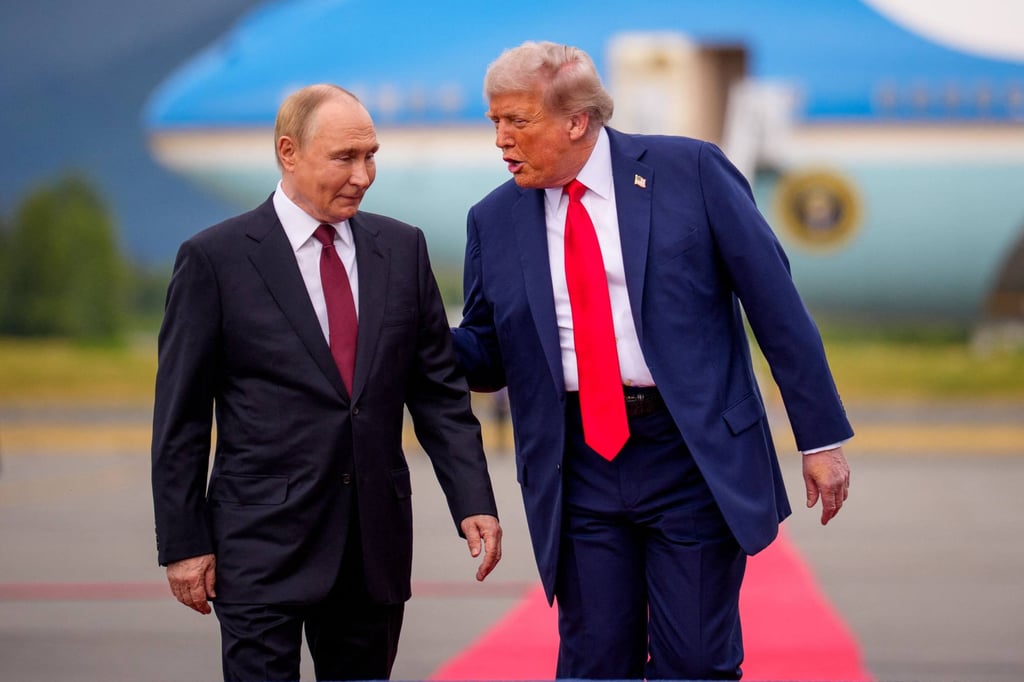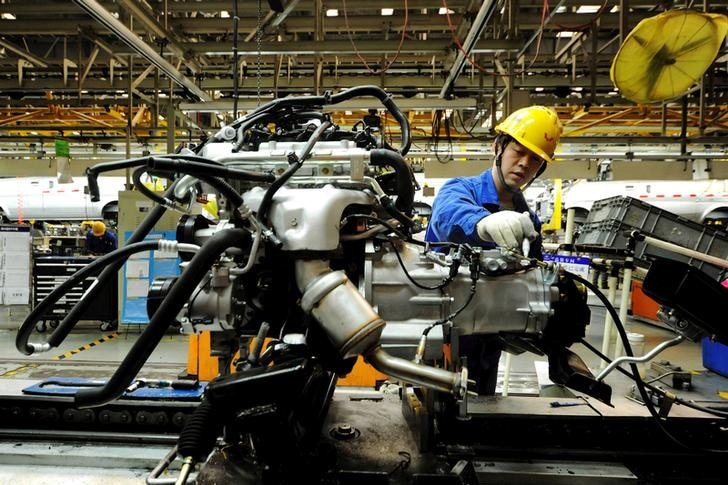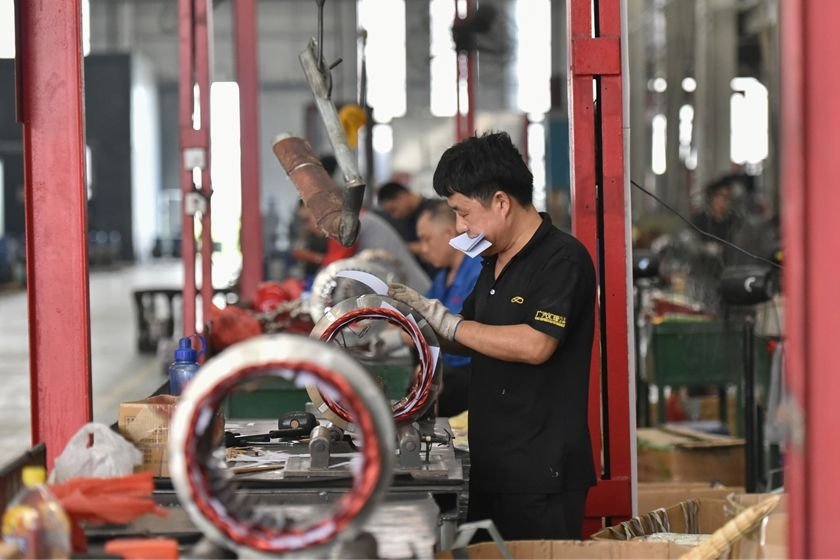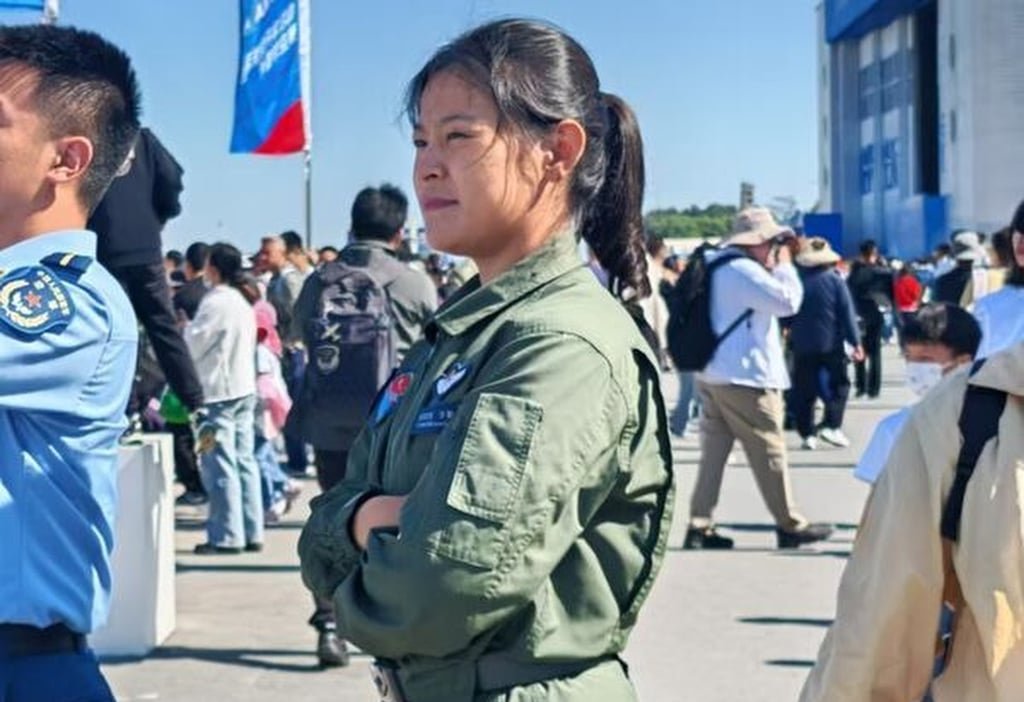“We see that Arctic cooperation is also very possible in our international context. For example, between the far east of Russia and the west coast of the US.”
Putin did not give details, nor did Trump, who spoke after Putin at Joint Base Elmendorf-Richardson. But one day earlier, when asked about a report by The Daily Telegraph that the US was preparing to offer Putin economic incentives, including opening up access to natural resources off Alaska’s coast, the US president did not rule out possibilities.

It is unclear how far any potential cooperation in the Arctic could go, given Trump’s hardening position on Moscow over Ukraine, but there is speculation that the Arctic could be one area for Russia to work with the United States to offset its growing dependence on China.
“Arctic cooperation was raised by both American and Russian policymakers because both sides are aware of their common interests in the region,” said Pavel Devyatkin, senior associate at The Arctic Institute and non-resident fellow at the Quincy Institute for Responsible Statecraft.
“These include energy, shipping and possibly geopolitical interests,” he said, adding that “influential members” in the White House and the Kremlin were keen to develop Arctic cooperation “as a part of the normalisation of US-Russia relations”.
Xu Qingchao, Wutong Youth Professor at Beijing Language and Culture University, said these areas of potential Arctic cooperation would overlap with those between China and Russia.
“If the US and Russia resume and enhance economic cooperation in the Arctic, it will primarily focus on resources and energy, shipping routes and infrastructure – areas largely similar to those of China-Russia Arctic cooperation,” Xu said.








